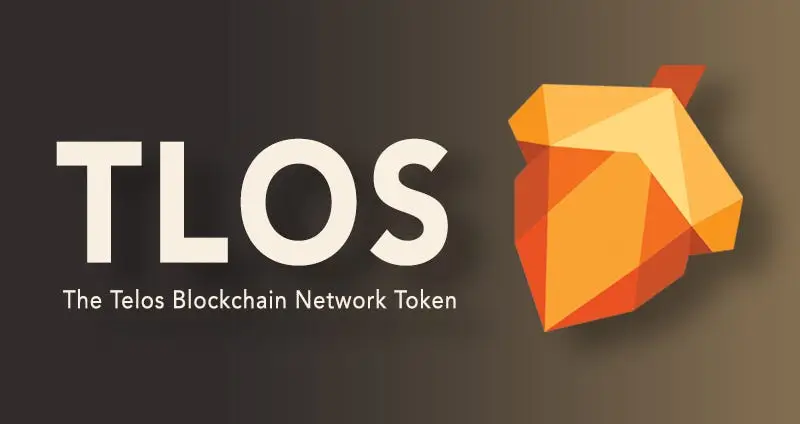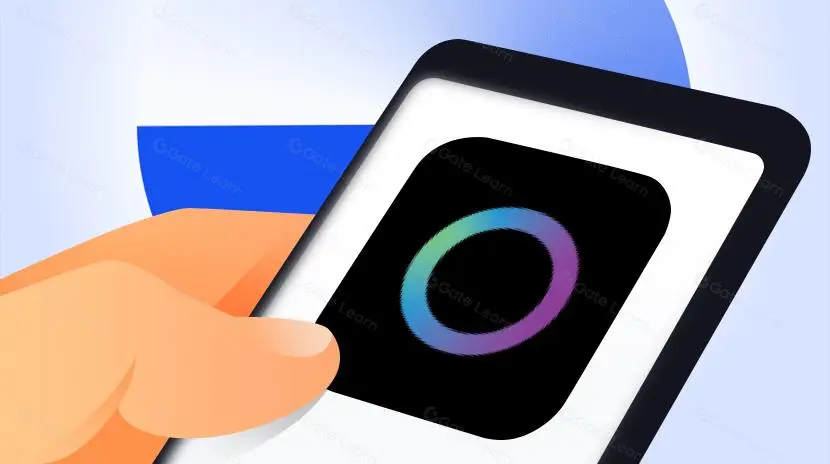Back
Telos (TLOS)
Telos
Basics
By HackQuest
Sep 10,20243 min readWelcome to the Web3 world, where digital finance and applications are shown in a revolutionary way through the fusion of blockchain technology, cryptocurrencies, and a pioneering spirit. Are you overwhelmed by the wealth of terms in the Web3 world that you don’t understand? Are those slangs barriers for you to learn about Web3? Don’t worry! We’re here to explain the obscure terms to guide your learning. Today, we're diving into an essential concept in the world of Web3: [Telos (TLOS)].
Overview
Telos (TLOS) is the native cryptocurrency of the Telos blockchain, a platform built to support decentralized applications (dApps) and decentralized finance (DeFi). With its scalable infrastructure and energy-efficient delegated proof-of-stake (DPoS) consensus mechanism, Telos aims to offer high throughput and low transaction costs, catering to both Telos-native dApps and Ethereum-compatible applications through its Telos EVM (Ethereum Virtual Machine).
Telos is recognized for its speed and accessibility, making it an attractive choice for developers and users in the Web3 ecosystem. The blockchain's ability to handle up to 10,000 transactions per second (TPS) places it among the most efficient networks available, providing a more scalable and environmentally friendly alternative to traditional proof-of-work systems.

Source: Medium
Key Features of Telos
High Performance and Scalability
Telos excels in providing high transaction throughput. The network can process thousands of transactions per second (TPS), making it one of the fastest in the blockchain space. This capability ensures that the network can handle high-volume dApps and DeFi protocols without experiencing congestion or delays.
Low Transaction Fees
One of the standout features of Telos is its remarkably low transaction fees. This allows developers and users to interact with dApps and execute transactions without the high costs associated with other blockchains like Ethereum. Telos' efficiency in fee management makes it an attractive option for DeFi platforms and other blockchain applications.
Energy Efficiency
Using a delegated proof-of-stake (DPoS) consensus mechanism, Telos is far more energy-efficient than traditional proof-of-work networks. This environmental advantage is crucial as the blockchain industry faces increasing scrutiny over energy consumption. With Telos, users benefit from a sustainable platform that does not compromise on speed or scalability.
EVM Compatibility
Telos EVM allows developers to deploy Ethereum-compatible smart contracts on the Telos network. This compatibility opens up Telos to a wider range of dApp developers, providing them with the ability to deploy their applications on a faster and more cost-effective network while maintaining compatibility with Ethereum standards.

Source: Gate.io
Future of Telos
The future of Telos looks promising as it continues to expand its ecosystem and enhance its infrastructure. With a focus on scalability, energy efficiency, and low costs, Telos is positioned to play a key role in the development of the decentralized economy. Ongoing upgrades and the growing adoption of Telos EVM will likely contribute to the network's broader appeal, making it a preferred choice for developers and users alike.
As more projects move toward energy-efficient and cost-effective blockchain solutions, Telos is well-positioned to lead the way in providing a sustainable, scalable, and high-performance platform for the Web3 world.
Conclusion
Telos (TLOS) is a powerful and innovative blockchain platform that addresses the scalability and cost challenges faced by other networks. With its high throughput, low transaction fees, and energy-efficient consensus model, Telos is positioned to drive the future of decentralized applications and finance. Its EVM compatibility further enhances its appeal, making it a critical player in the rapidly evolving blockchain space. As the ecosystem grows, Telos is set to become a leading platform for sustainable and efficient Web3 solutions.